Meta is taking a strategic step by unveiling fresh opportunities for researchers to delve into Facebook and Instagram content using its recently updated Content Library and API tools. This move aims to unearth crucial usage trends and insights, delivering valuable data to enhance the formulation of social platform policies.
Despite Meta’s past practice of providing researchers with access to specific usage data, it had notably tightened these access parameters in the aftermath of the 2018 Cambridge Analytica scandal. Now, Meta is initiating the relaunch of its data tools, suggesting the potential onset of a diverse array of research projects in the near future.
The Content Library and API tools offer near real-time access to public content from Pages, Posts, Groups, and Events on Facebook, as well as from creator and business accounts on Instagram. Researchers can delve into details such as reactions, shares, comments, and post view counts through either a graphical User Interface (UI) or a programmatic API. This expanded access could serve as a viable alternative for research projects facing limitations on other platforms, such as Twitter, due to recent changes in API tool pricing.
However, Meta’s move is not purely altruistic. The company acknowledges that the updated API tools will help it meet evolving regulatory requirements, data-sharing norms, and transparency compliance obligations. This reflects Meta’s commitment to adapting to industry shifts while maintaining a responsible approach to data access.
Meta has a history of facilitating intricate data studies, covering diverse topics such as the links between social standing and economic opportunities, familial career patterns, forest mapping methodologies, density maps, translation tools, and more. While Meta actively challenges negative narratives about the impact of social media, especially on mental health, the true value of its data lies in understanding how online interaction influences political shifts and user well-being.
It remains to be seen whether Meta will collaborate with researchers to delve deeper into these areas or if it will implement limitations based on specific research focuses. Meta specifies that individuals from qualified institutions pursuing scientific or public interest research can apply for access to its updated Content Library and API through Meta research partners, with the University of Michigan’s Inter-university Consortium for Political and Social Research being among the initial collaborators. As Meta expands its data access, the impact on research and the broader implications for social media studies will undoubtedly unfold in the coming months.
For updates, follow Markedium.


























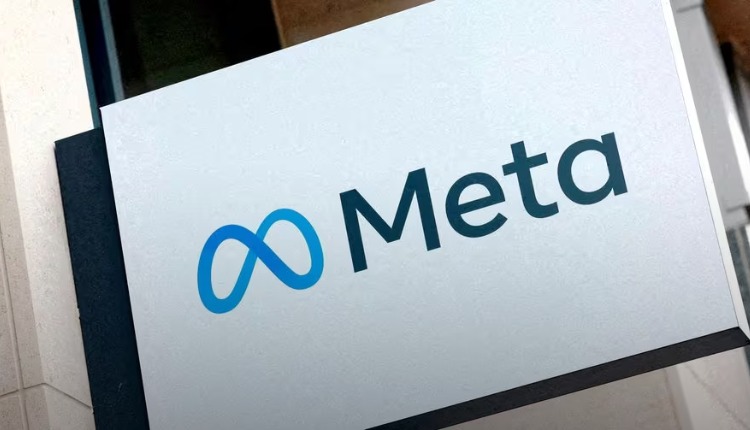



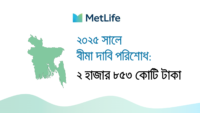

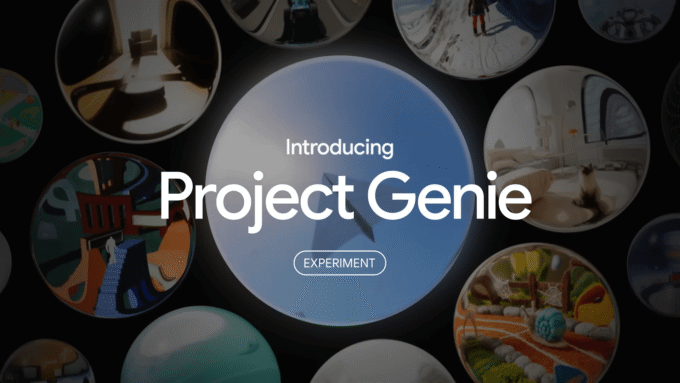


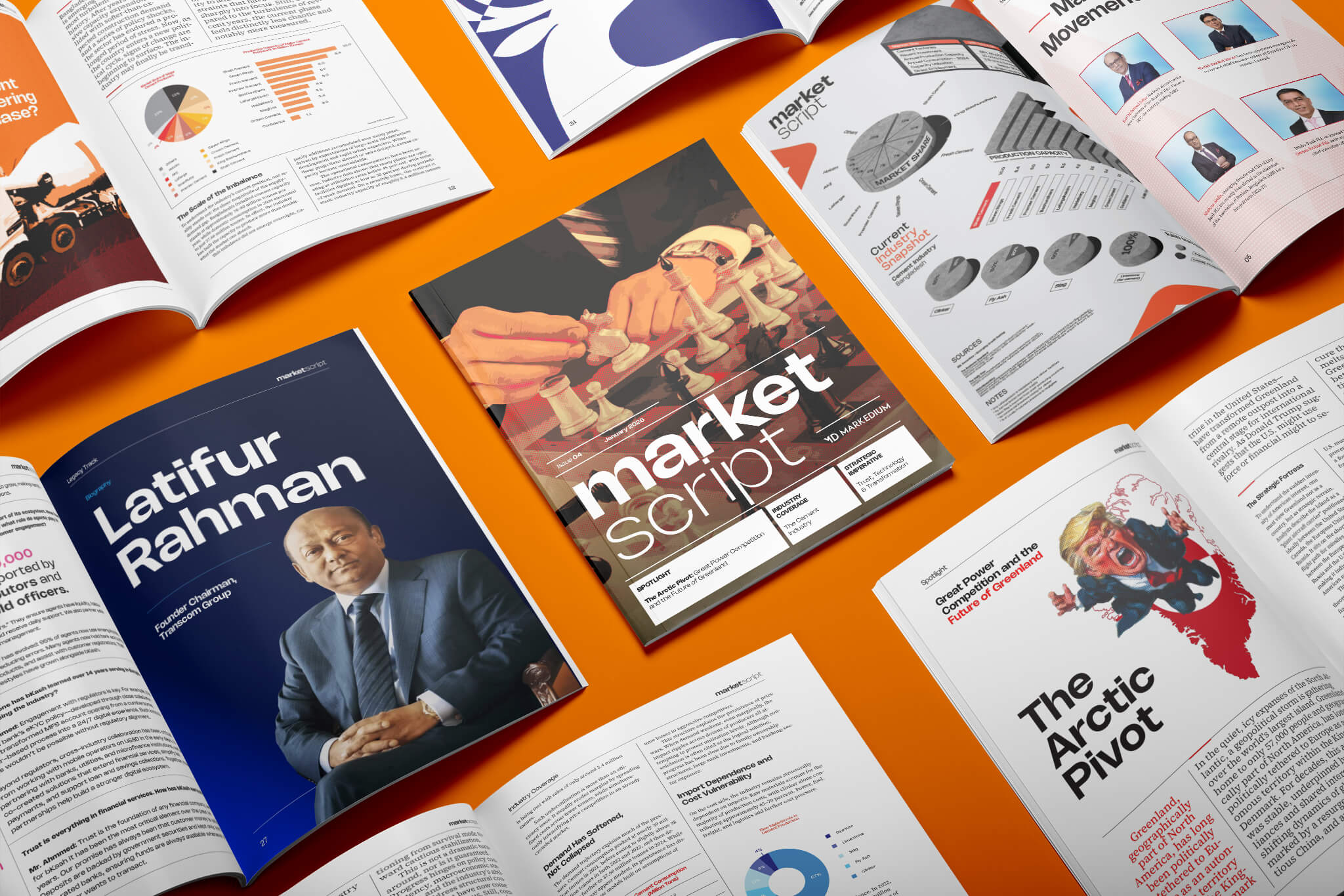



Leave a comment